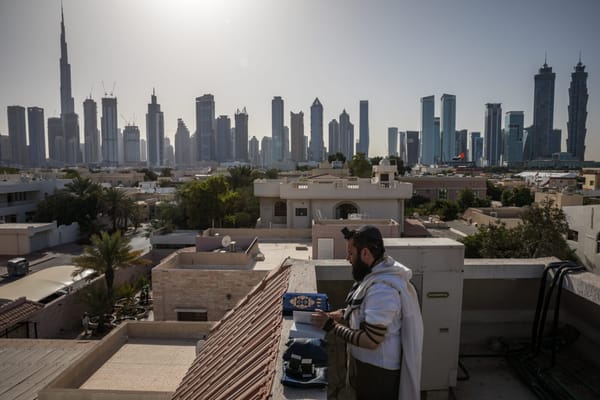"Sanctions Have an Impact on All of Us"
The following comments are excerpted from a speech delivered on Capitol Hill on October 6, 1998 by Denis Halliday, former UN humanitarian coordinator for Iraq, shortly after he resigned his post in protest over the sanctions’ devastating impact on the Iraqi people.









